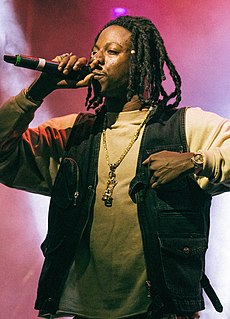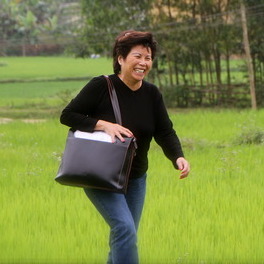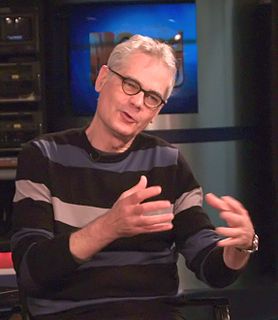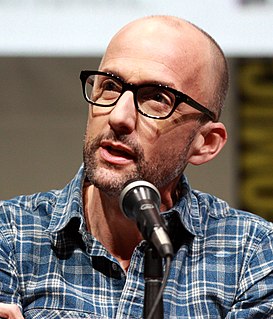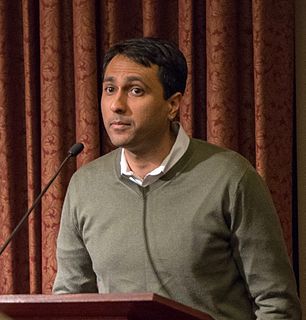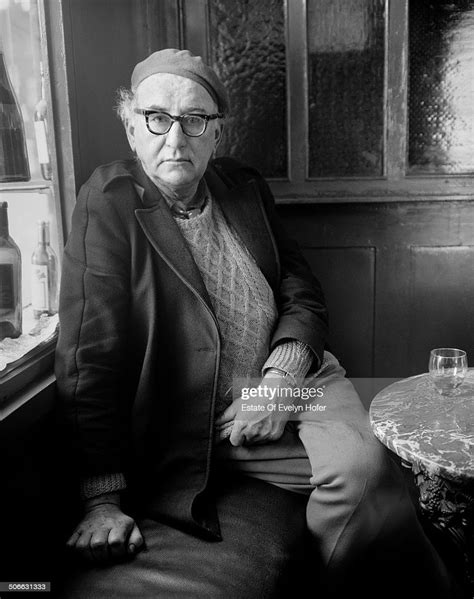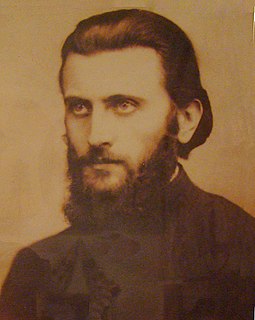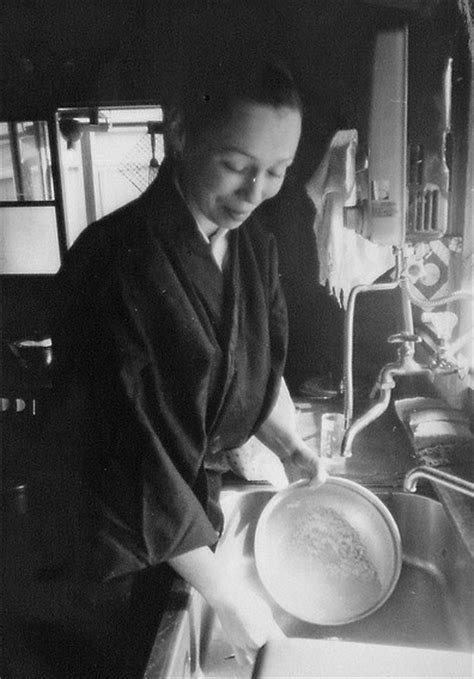A Quote by Nhat Hanh
When you enter deeply into this moment, you see the nature of reality, and this insight liberates you from suffering and confusion. Peace is already there to some extent: the problem is whether we know how to touch it.
Related Quotes
We must look deeply into the nature of our volition to see whether it is pushing us in the direction of liberation from suffering and toward peace and compassion, or in the direction of affliction and misery. What is it that we really want deep in our heart? Is it money, fame, power? Or is it finding inner peace, being able to live life fully and enjoy the present moment?
Once you dive into the African-American struggle or whatever you want to call it and you look past that, you realize that it's not a black people problem, it's a human problem. We all can't be at peace until we are all at peace. If there's a piece of us suffering, then we are all suffering. That's what it's about. That's the macro level.
For you see, the face of destiny or luck or god that gives us war also gives us other kinds of pain: the loss of health and youth; the loss of loved ones or of love; the fear that we will end our days alone. Some people suffer in peace the way others suffer in war. The special gift of that suffering, I have learned, is how to be strong while we are weak, how to be brave when we are afraid, how to be wise in the midst of confusion, and how to let go of that which we can no longer hold. In this way, anger can teach us forgiveness, hate can teach us love, and war can teach us peace.
The end of suffering happens in this very moment, whether you're watching a terrorist attack or doing the dishes. And compassion begins at home. Because I don't believe my thoughts, sadness can't exist. That's how I can go to the depths of anyone's suffering, if they invite me, and take them by the hand and walk them out of it into the sunlight of reality. I've taken that walk myself.
Life is suffering. We have desires and expectations and egos, and we compare the reality we have, which is miraculous and wondrous, with this reality we desire. That somehow distances us from actually taking part fully with the reality we do have, and that creates suffering. For me, the thing that I love is that it's all about the present moment.
For most of us, karma and negative emotions obscure the ability to see our own intrinsic nature, and the nature of reality. As a result we clutch on to happiness and suffering as real, and in our unskillful and ignorant actions go on sowing the seeds of our next birth. Our actions keep us bound to the continuous cycle of worldly existence, to the endless round of birth and death. So everything is at risk in how we live now at this very moment: How we live now can cost us our entire future.
Sometimes we are tempted to be that kind of Christian who keeps the Lord’s wounds at arm’s length. Yet Jesus wants us to touch human misery, to touch the suffering flesh of others. He hopes that we will stop looking for those personal or communal niches which shelter us from the maelstrom of human misfortune and instead enter into the reality of other people’s lives and know the power of tenderness. Whenever we do so, our lives become wonderfully complicated and we experience intensely what it is to be a people, to be part of a people.
In some mysterious way, once one has gained an insight into human nature, that insight grows from day to day, and he to whom it has given to experience vicariously even one single form of earthly suffering acquires, by reason of this tragic lesson, an understanding of all its forms, even those most foreign to him, and apparently abnormal.
A social entrepreneur is somebody who knows how to make an idea reality, and one of the great ideas of our time is pluralism. Can people from different backgrounds live together in mutual peace and loyalty? And what we need is a generation of young social entrepreneurs who know how to make that great idea reality in an historical moment where religious extremists are, frankly, making their idea reality.

